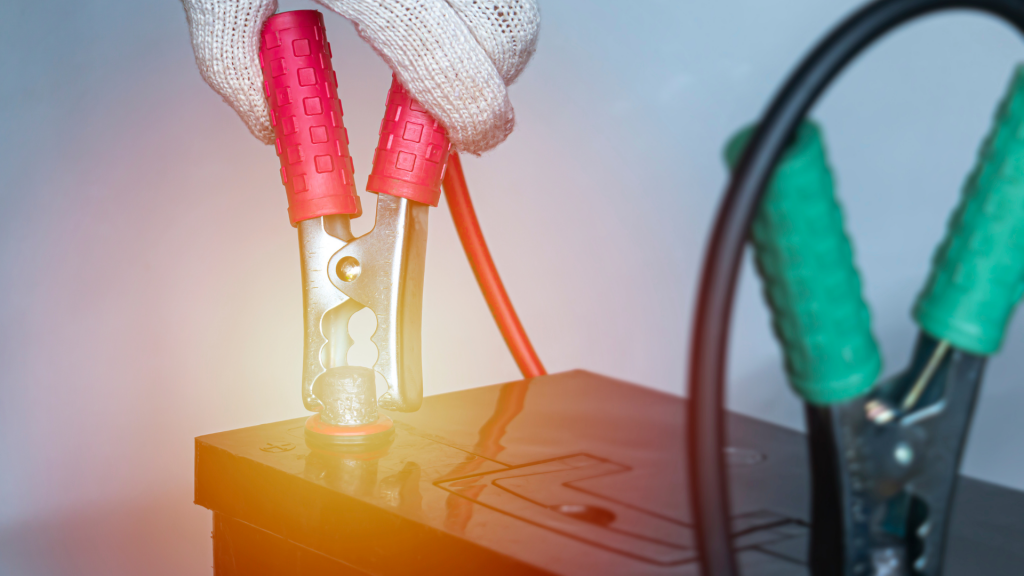Agreement on new European rules for batteries, their design, production and recycling
20. 1. 2023
The European Parliament is preparing new rules on batteries regarding environmental burden, ethical and social issues, since they are becoming strategic products.
The new rules are intended to cover the entire product life cycle, from design and consumption to recycling and use of new products.
On 9 December, the Parliament and the Council reached a provisional agreement on the revision of the rules on batteries to take into account technological developments and future challenges. The new rules will enter into force after formal approval by both institutions. The rules will apply to all types of batteries sold in Europe.
Batteries should thus become more sustainable, powerful and durable.
The agreement leads to stricter consideration of battery sustainability, performance and durability. According to the agreement, carbon footprint declaration and labelling will be mandatory for electric vehicle (EV) batteries, light means of transport (LMT) batteries (e.g. electric scooter and electric bicycle) and rechargeable industrial batteries with a capacity over 2 kWh.
The new rules envisage that after 3 and a half years from the entry into force of the rules, portable batteries in appliances will be designed so that consumers can easily remove and replace them.
In order to better inform the consumer, the batteries will be marked with labels and QR codes with information on their capacity, performance, durability, chemical composition, and the symbol of separate collection. LMT batteries, industrial batteries with a capacity over 2 kWh and EV batteries will also have to have the “digital battery passport” with information on the battery model, the specifics of individual batteries and their use.
The agreement further states that all economic operators that place batteries on the EU market, except for small and medium-sized enterprises, will be required to develop and implement the so-called a “due diligence policy” in accordance with international standards aimed at addressing the social and environmental risks associated with the processing, acquisition and trading of raw materials and secondary raw materials.
The agreement also stipulates other measures specifying the collection target for portable batteries at 45% by 2023, 63% by 2027 and 73% by 2030. For LMT batteries, the collection target is 51% by 2028 and 61% by 2031. A certain percentage of cobalt, lead, lithium and nickel from production and consumer waste must be reused in new batteries. All used dead batteries must be collected free of charge from their end users.
This agreement, along with its individual proposals, will have to be formally approved by the Parliament and the Council before it enters into force.
